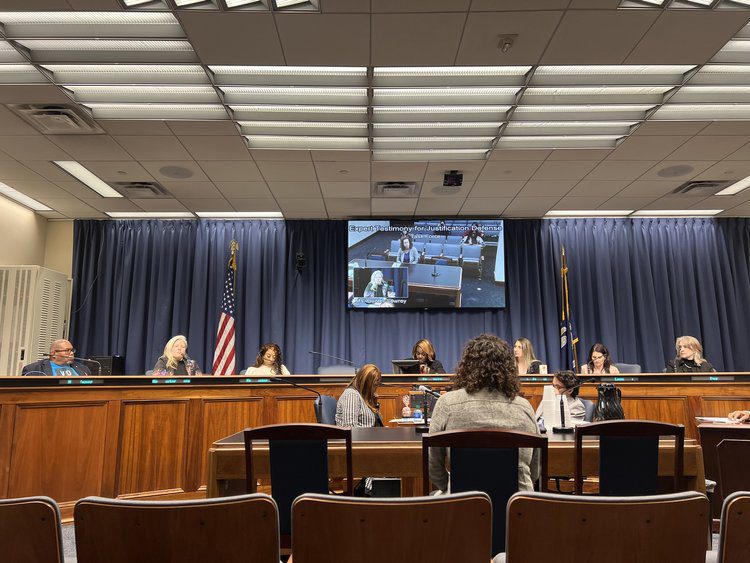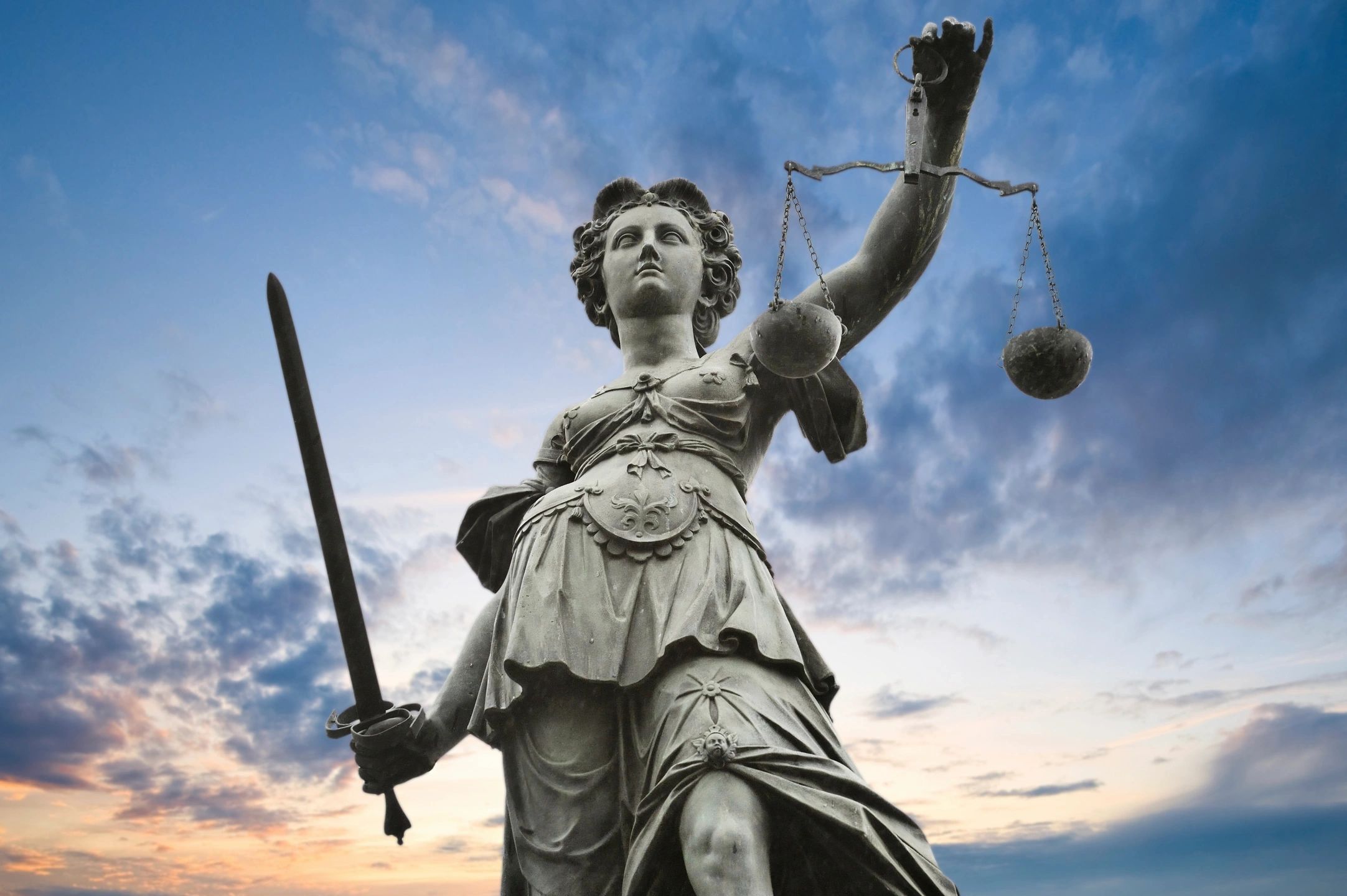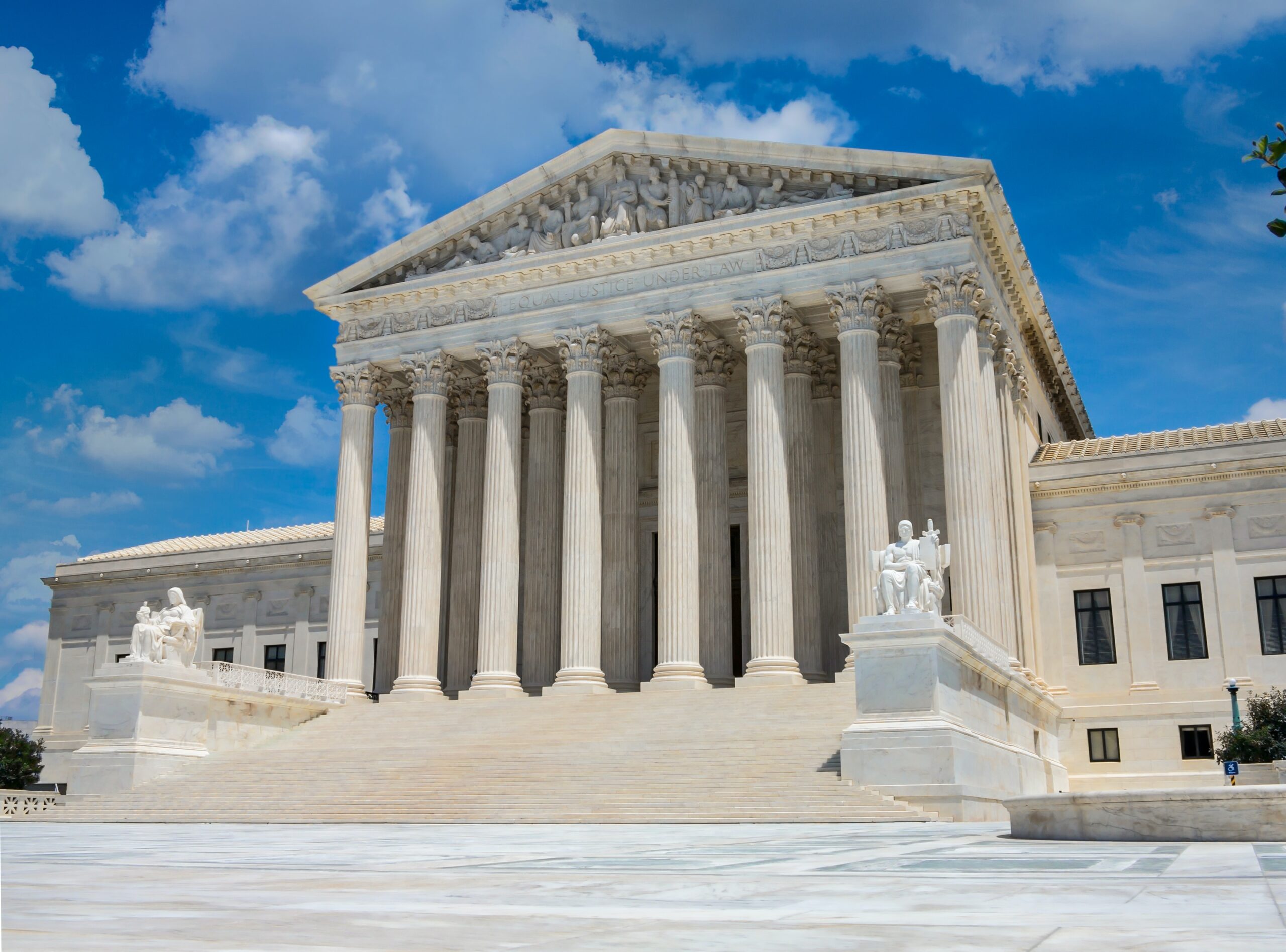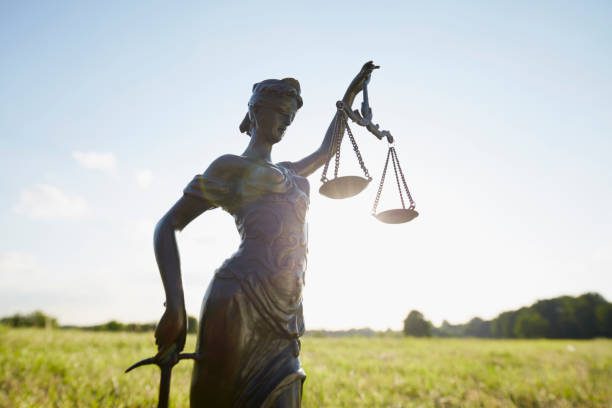Justice
Helpful resources
About Us
Contact Us

Obtaining Justice
Sadly, communities often inadvertently exacerbate the trauma experienced by clergy abuse victims through their actions or lack thereof. Whether through public support of the abuser or avoiding the victims, these behaviors can further harm those already suffering. TentMakers seeks to raise awareness about the profound trauma inflicted by clergy sexual abuse and educate the community on the most compassionate and practical approaches to support victims and their families, ensuring they are not re-traumatized.
Our outreach efforts include promoting awareness of clergy sex abuse, advocating for proper reporting methods, and maintaining an updated list of resources on the TentMakers website. We also provide digital and printed materials that equip victims and their families with the necessary tools to navigate the complex processes of reporting and healing in cases of clergy sexual abuse.
Families and communities must understand and address the unique needs of survivors of clergy sexual abuse. This understanding includes law enforcement, counselors, social workers, district attorneys, community-based stakeholders, service providers, legislators, mental health providers, Catholic clergy members, and pastors of other churches who may not understand the Catholic faith. To create a supportive environment, the community must rally behind victims and their families as they navigate the criminal justice and civil legal systems, address their spiritual needs, and access counseling to heal from the profound trauma of clergy sexual abuse. TentMakers actively promotes community support, collaboration, and understanding among these diverse entities, ensuring a comprehensive approach to justice and healing for all those affected.
REPORTING ABUSE TO LAW ENFORCEMENT:
SEEKING JUSTICE AND SUPPORT


HOW TO REPORT ABUSE TO LAW ENFORCEMENT
WHAT TO EXPECT WHEN CONTACTING LAW ENFORCEMENT
Officers may also inquire about any elements of premeditation or grooming behavior displayed by the perpetrator. Additionally, they might ask about behaviors consistent with threats, use of force, and any traumatic reactions you experienced during or after the incident. They may also take note of any changes in your behavior, such as weight, routine, work performance, or personality, which could be related to the trauma you endured.


WHAT IF THE INCIDENT OCCURRED A LONG TIME AGO?
AFTER THE INTERVIEW WITH LAW ENFORCEMENT
Law enforcement’s objective is to establish probable cause for making an arrest. In addition to interviewing the victim, an investigation typically involves evidence collection, suspect identification, suspect interviews, and potentially obtaining a confession. Following the investigation, law enforcement will file charges, potentially obtain a warrant, or refer the case to the district attorney’s office. Ultimately, the decision to formally file criminal charges rests with the state authorities.
As of August 1, 2021, Act 322 of the 2021 Regular Session allows survivors of child molestation a three-year window to pursue allegations in civil court – regardless of how long ago the misconduct occurred.


WILL HIRING AN ATTORNEY HELP ME WITH JUSTICE AND HEALING?
Many people do find justice and healing in filing a civil lawsuit. When criminal proceedings fail to provide the answers a survivor seeks, another avenue is to pursue a civil case against the abuser. It is possible to find justice in a civil lawsuit.
The Lamothe Law Firm in New Orleans, Louisiana, represents sexual abuse cases in Louisiana. According to their website, “Louisiana and federal criminal laws are there to protect us, but because only a small percentage of perpetrators are sent to jail, justice in the criminal courts is rarely achieved. Fortunately, victims of sexual assault, rape, and sexual abuse can seek compensation from their assailants through lawsuits in civil court.”
“Regardless of whether the perpetrator has been criminally charged, the victim can file a civil lawsuit to recover damages for the physical, emotional, and psychological harms they have suffered. Sometimes, a plaintiff can also bring a civil sexual abuse lawsuit against an organization such as an employer, a religious organization, or a prison or correctional facility, the organization may be held responsible for the abuse when the organization’s negligence allowed the abuse to occur or when the organization turned a blind eye to the abuse.”
HOW DO I FIND THE RIGHT ATTORNEY TO REPRESENT ME?
Kristi Schubert with Lamothe Law Firm, “There are many specialized laws that only apply in sexual abuse cases. Attorneys who don’t regularly pursue these types of cases won’t always know about those types of laws. It is especially important for the plaintiff’s lawyer to know about the evidence rules that provide special protections to survivors of sexual abuse to protect their privacy and dignity. It is also important because in the general public and even among lawyers, there is an enormous amount of misinformation about how survivors of sexual violence will be affected. An attorney who is not trauma-informed may re-traumatize the survivor and may misunderstand key parts of the case because they simply don’t have the background knowledge to understand how sexual abuse is processed in the mind.”

Helpful Resource Links
Accredited Sexual Assault Centers in Louisiana
Hearts of Hope
Sexual Trauma Awareness & Response (STAR)
Central Louisiana Branch
Alexandria and the Surrounding Area
318-625-7592
Capital Area Branch
Baton Rouge Area
225-615-7093
Greater New Orleans Branch
New Orleans and Surrounding Area
504-407-0711
star.ngo


